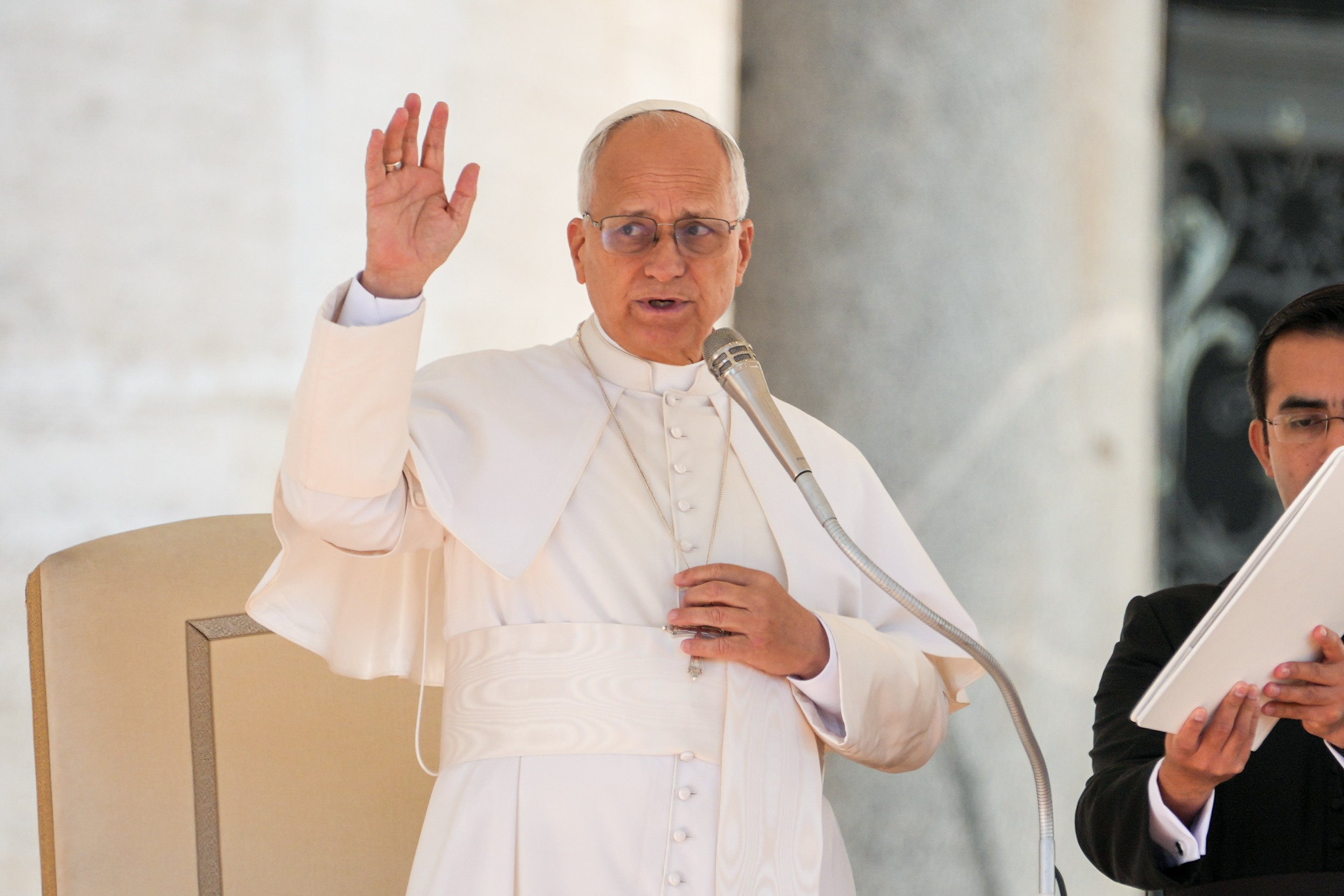April 6, 2018 at 1:53 p.m.
'Wise men from the East came to Jerusalem, asking, "Where is the child who has been born king of the Jews? For we observed His star at its rising, and have come to pay Him homage..."' -- Matthew 2:1-2
The future rarely turns out the way we plan it. This is especially true with Jewish expectations of the Messiah.
Years ago, the late Scripture scholar Rev. Raymond Brown remarked on the Messiah whom first-century-CE Jews were expecting, "Jesus of Nazareth was not that Messiah."
Many Christians think the authors of the Hebrew Scriptures had just one task: to foretell the coming of Jesus as Messiah. They overlook the fact that scholars tell us biblical concepts of the Messiah varied according to the peoples' needs in the day and age in which the authors wrote.
Messianic predictions in ninth-century-BC Israel, for instance, were quite different from those in the sixth century. Over the centuries, the Chosen People went from presuming that one of their next kings would be the Messiah to believing Yahweh would eventually send just one non-royal, unique individual to fill that role.
Since Rome occupied Palestine during Jesus' historical ministry, most Jews were convinced that God would send a military Messiah who would throw the foreigners out. In the first third of the first century, pious Israelites were expecting that kind of savior. For most, the biblical Jesus' epiphany as the Christ (the Messiah) was a total surprise.
Come and convert
As we hear in Sunday's Third-Isaiah reading (Is 60:1-6), there always was hope in Judaism that Gentiles would eventually "gather and come" to Israel in ways that would enrich the country and its people: "The riches of the sea shall be emptied out before you; the wealth of nations shall be brought to you." Many even believed that, besides "bearing gold and frankincense," these non-Jews would also proclaim "the praises of Yahweh" - they'd convert to Judaism.
No Jew would object to their anticipated Messiah bringing Gentiles "into the fold." The main problem they encountered with Jesus of Nazareth revolved around some of His followers bringing these Gentiles into their faith communities without first converting them to Judaism.
The Pauline disciple responsible for the letter to the Ephesians succinctly states this "heretical" belief (Eph 3:2-3a,5-6). "Gentiles are co-heirs, members of the same body, and co-partners in the promise in Christ Jesus through the Gospel." This certainly wouldn't be the teaching of the Christ whom the vast majority of Jews were expecting.
That seems to be one of the reasons Matthew, writing for a Jewish-Christian community, includes the story of the magi (Mt 2:1-12). Throughout his Gospel, he brings up instances in which non-Jews are better at living the faith of Jesus than Jews. Nowhere is this more sharply demonstrated at the beginning of Jesus' life than having not just Gentiles, but Gentile astrologers travel hundreds of miles "to do homage to the newborn king of the Jews" while Herod, a Jew, refuses to travel the few miles between Jerusalem and Bethlehem to even check on the accuracy of biblical prophecies about the Messiah's birth.
Birth and death
Yet perhaps the strongest drawback to wide acceptance of Jesus as Messiah is contained in one small addition Matthew makes to Third-Isaiah's Gentile gift list. Besides gold and frankincense, the magi also bring myrrh. The late theologian Dr. Irvin Arkin once asked, "How would you feel if someone gave you a bottle of embalming fluid as a birthday gift?" Myrrh was used to anoint dead bodies before they were entombed or buried.
Even in this glorious epiphany event, Matthew reminds his readers that if they accept Jesus as Messiah, they're also accepting their responsibility to suffer and die with Him.
SOCIAL MEDIA
OSV NEWS
- Live blog: Public session of 2025 USCCB Fall assembly opens today
- US bishops celebrate Mass to ‘beg the Holy Spirit to inspire’ their fall assembly
- As deal to end shutdown advances, Catholic groups urge action on health insurance costs
- Texans vote overwhelmingly to enshrine parental rights in state constitution
- Supreme Court declines Kim Davis case seeking to overturn same-sex marriage ruling
- ‘Do you love Jesus more than your political opinion?’: Bishop Tyson says the church faces a test
- Vatican says Swiss Guards investigating alleged antisemitic gesture
- Bishop: Survival of Christian communities in Nigeria depends on security, justice
- Pope asks for extra care when using AI in medicine
- Pope holds long meeting with Belgian abuse survivors








Comments:
You must login to comment.